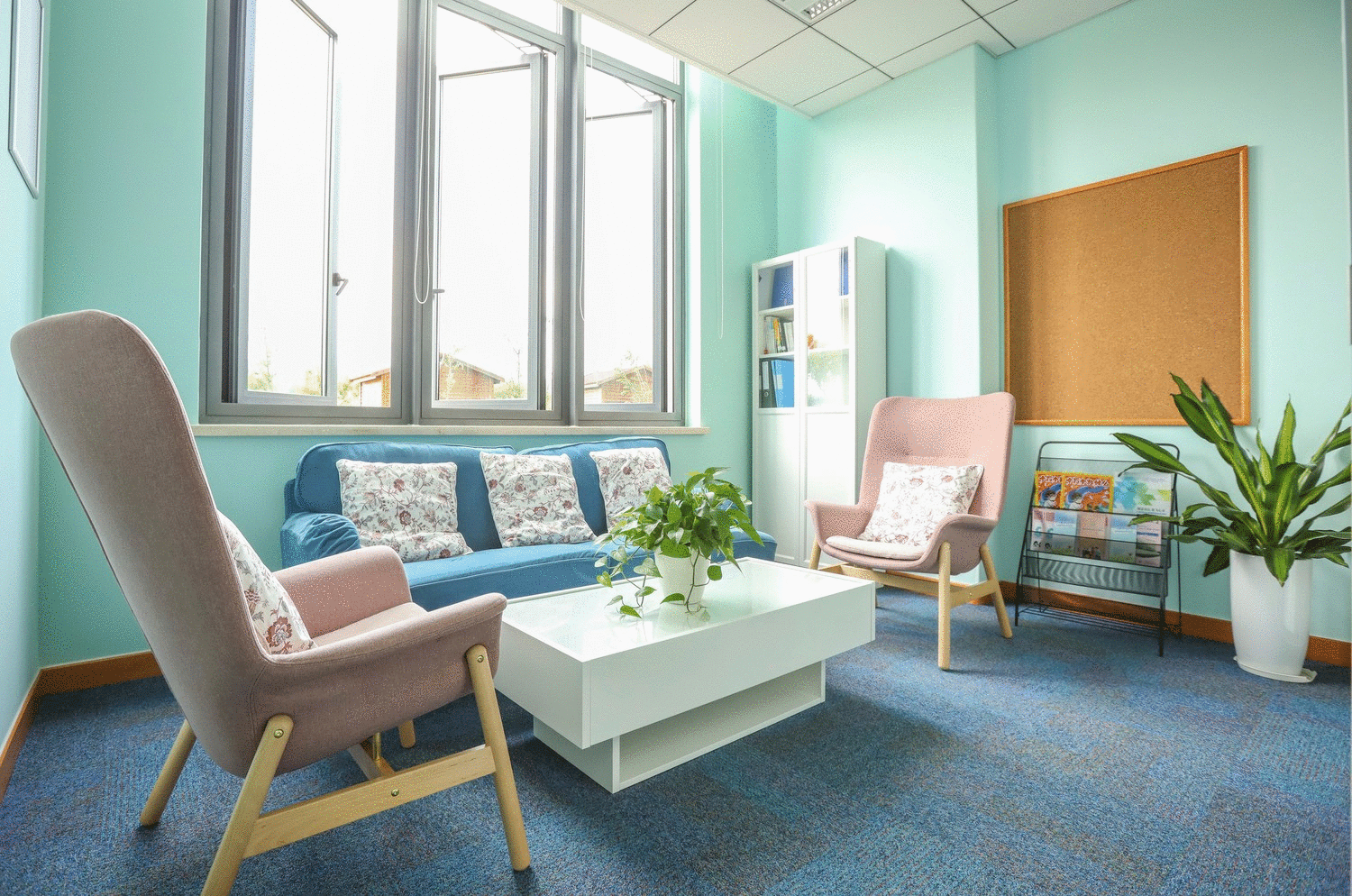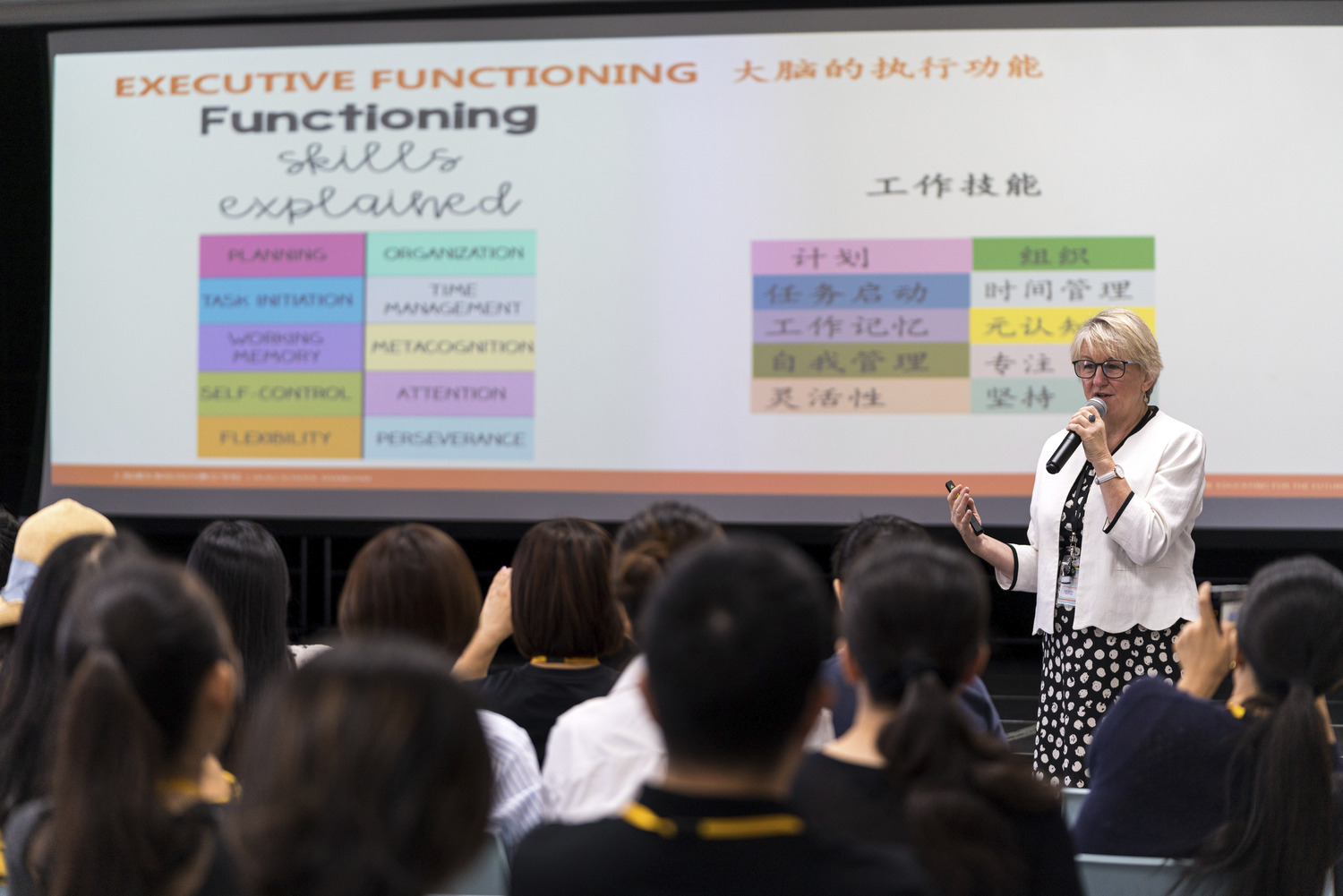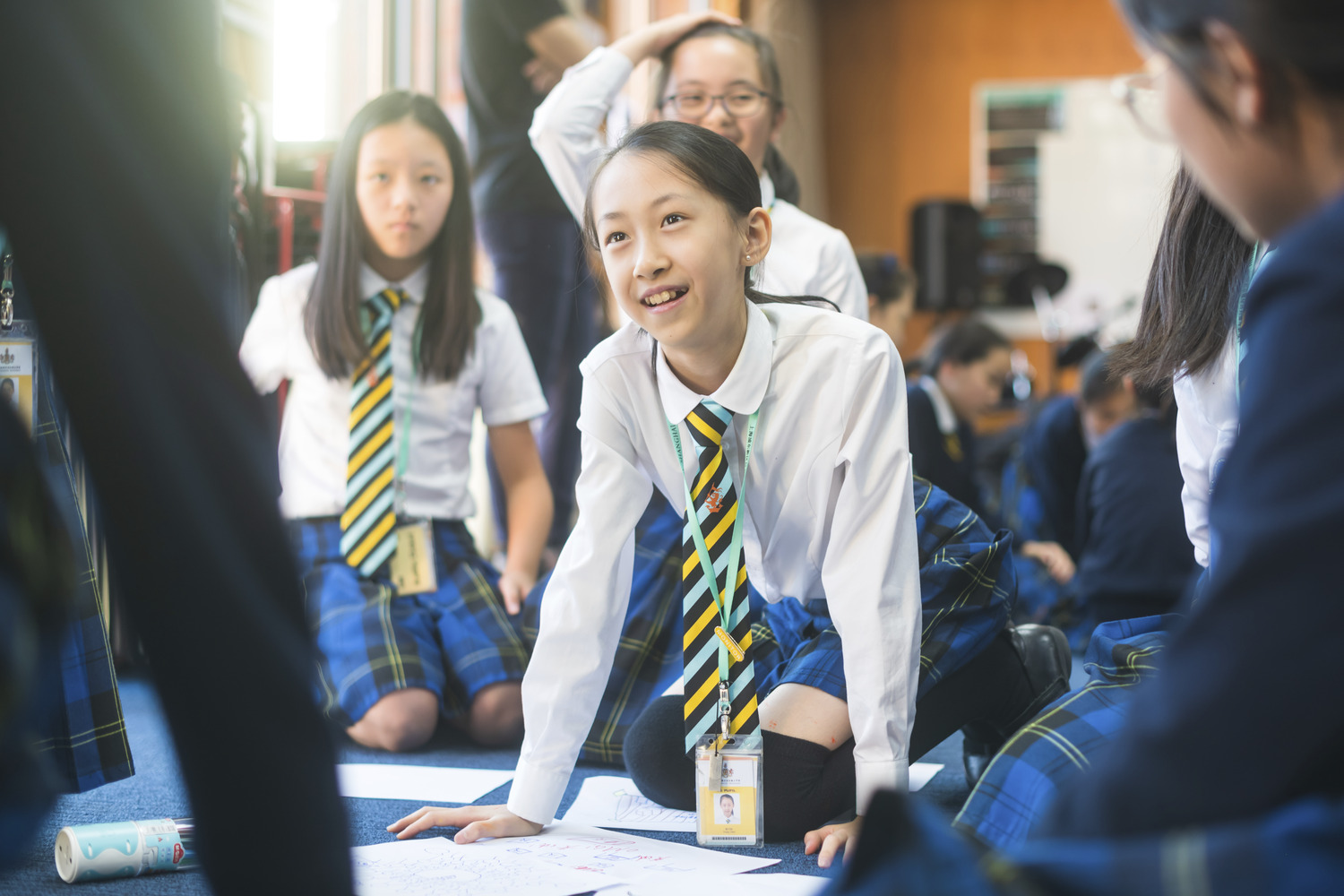
Thanks to the many societal developments of recent times, today people pay increasing attention to mental health. For every pupil at our school, their healthy mentality is the cornerstone of a happy and healthy school life. Accordingly, Hiba Academy Shanghai attaches great importance to pupils’ mental health. Our school has benefitted from a specialist psychological consultation teacher and psychological counselling room since the school’s opening year, which provides support for our wellbeing related education work. Moreover, psychological health education is also a major element of our pastoral care system. Establishing the psychological counselling studio This summer, we rebuilt our psychological counseling room in accordance with requirements of the Shanghai Municipal Education Commission and the characteristics of our pupils. The newly built pressure relief room, sand playroom and psychological book library have all enriched our counselling studio. This trsource supports the smooth planning and delivery of our mental health education.

We give due attention to every pupil at Hiba, particularly focusing on their mental health. At the beginning of this term, our studio gave out questionnaires to pupils in grades 4 to 7 and interviewed some of them on the basis of the results of this questionnaire. We also made personalised records for these pupils as well as a follow-up supporting plan for their form teachers and/or parents as appropriate.
The psychological counselling studio, designed to help pupils build a healthy mentality, is accessible for pupils whenever they have a break between classes. We truly believe that pupils need their family support during the process of adjusting their psychological status to a positive aspect. Therefore, the studio will discuss with parents their parenting methods while encouraging them to learn new ways to deal with education-related problems.
Whether it is with parents or our pupils, we are delighted to find that our frequent conversions have brought encouraging changes. In this term alone, our studio has been visited by over 100 pupils and parents so far.
In the meantime, the studio offers a monthly psychological workshop for parents, which is always well attended. Some parents even attend the sessions along with grandparents, to engage in discussion on children’s psychological education together.

Peer mentoring system
Besides the psychological lessons imparted by our consultation teacher, we have also established a peer mentoring system in order to aid more pupils and allow them to benefit from psychological consultations.

The peer mentor in each class receives subject-based training monthly from their psychological consultation teacher and shares with classmates the psychological knowledge they learned during wellbeing lessons. What’s more, they also have opportunities to acquire basic psychological counselling skills that can be utilised to help classmates and discuss with consultation teachers some confusing situations that they may encounter when mentoring their classmates. The establishment of this peer mentoring system makes our pupils become active givers of pastoral care who are committed to helping their classmates out and are concerned about their personal wellbeing. Joint effort of school and home to build children’s optimistic psychology A well-rounded, developing child should possess a healthy mentality. In this optimal state, children are able to feel happiness in their lives and can proactively seek happiness for themselves. We are greatly encouraged by the fact that parents are paying increasing attention to their children’s psychological health while enthusiastically learning new parenting methods. The Hiba psychological counselling studio would like to remind parents that psychological construction is a long process that requires a high level of patience, and that they are the best possible role models for their children. Active psychology plays a significant role in preparing children for their future. Hence, adults need to maintain a balanced mentality to encounter and cope with children’s changeable mental status and equip themselves with scientific approaches to allow them to guide their children to embark on the road towards wellbeing and happiness.
